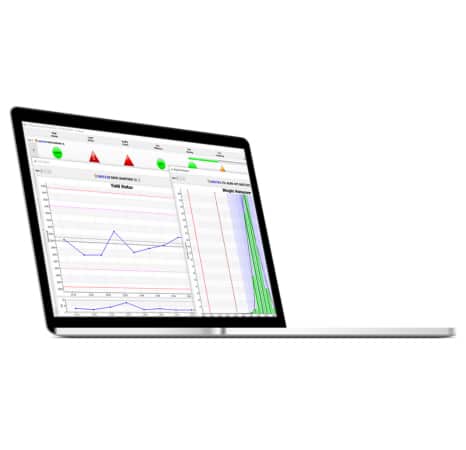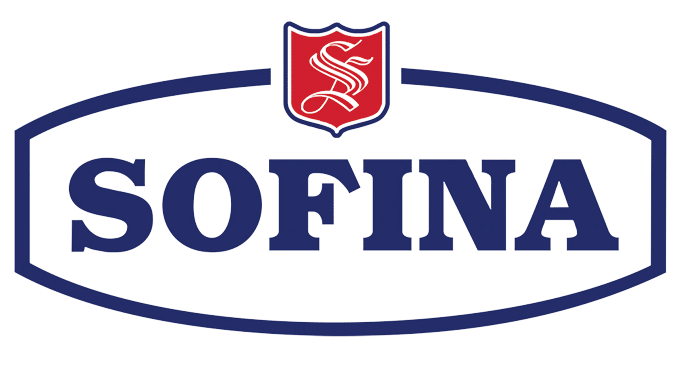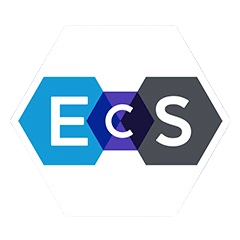Yield
What does Yield mean to you?
To some, yield means the number of finished packs produced from a quantity of bulk material. To others, Yield may mean the production efficiency i.e. the number of products created during a fixed period. OEE is used as a measure of efficiency and can be expressed as Yield.
Another comprehensive expression is Rolled Throughput Yield or RTY which is a measure of probability where a multi-stage process completes without errors. So, a process with RTY of 85% means that 85% of products are created defect-free.
A Complete Range of Yield Optimisation Solutions and Systems
Yield optimisation, in all these definitions, plays a pivotal role in manufacturing efficiency and profitability. It focuses on optimal filling, whilst meeting average quantity regulations and reducing raw materials used. By implementing advanced yield optimisation solutions, manufacturers can achieve higher yields, reduce transformation costs and enhance overall performance. From precise weight control and accurate quantity measurements to statistical process control, yield optimisation encompasses a range of methodologies that streamline processes, drive efficiency, and boost the bottom line.
Whatever the focus of your yield improvement objectives, they should always be centred around the reduction of wastage and/or improvement in efficiency, without compromising quality. The Harford system includes multiple yield measures.
Achieve Consistent Product Quality, Minimise Overfill and Underfill
Harford’s fill optimisation solutions encompass weight control, average quantity and process integration to ensure optimal filling while meeting average quantity regulations. With precise measurement and control, businesses achieve consistent product quality, minimise overfill or underfill, reduce material waste, and enhance operational efficiency. Our solutions provide end-to-end traceability, empowering managers and operations with actionable insights.

Fill Optimisation
Harford’s unique fill optimisation solutions help manufacturers ensure that optimum control can be achieved – even where high levels of variation exist in the process.
Waste Reduction
Our waste reduction solutions help manufacturers minimise raw materials and labour wastage, together with energy wastage, through effective monitoring and end-to-end traceability.
Who We Have Helped
FAQs
-
What is yield optimisation in manufacturing?
Yield optimisation in manufacturing aims to maximize production output while minimizing waste and inefficiencies. It involves analysing processes, identifying bottlenecks, and implementing strategies for improved resource utilization and product quality. The goal is to enhance operational efficiency and profitability.
-
How can yield optimisation benefit my business?
Yield optimisation benefits businesses by reducing waste, improving product quality, and enhancing overall operational efficiency. By identifying and addressing production inefficiencies, businesses can optimize their processes, reduce costs, and deliver high-quality products to customers.
-
What are common challenges manufacturers face?
Challenges include process variability, equipment downtime, and quality issues. Yield optimisation systems use data analysis and real-time monitoring to address these challenges. By identifying patterns and predicting outcomes, businesses can make informed decisions to optimize yield and reduce defects.
-
How does real-time monitoring contribute to yield optimisation?
Real-time monitoring provides instant insights into production processes. It helps detect anomalies, track performance indicators, and make timely adjustments. By monitoring processes in real time, businesses can identify issues, optimize parameters, and ensure consistent quality and yield.
-
Can yield optimisation systems improve product quality?
Yes, yield optimisation systems enhance product quality by identifying and addressing production issues promptly. Continuous monitoring and adjustment of processes ensure that products meet or exceed quality standards, leading to improved customer satisfaction and brand reputation.
Get in touch
"*" indicates required fields

Telephone
+44 (0) 1225 764461Harford Control Ltd is a company registered in England with Company Number 1207483. VAT No. GB 140 2121 39.






















